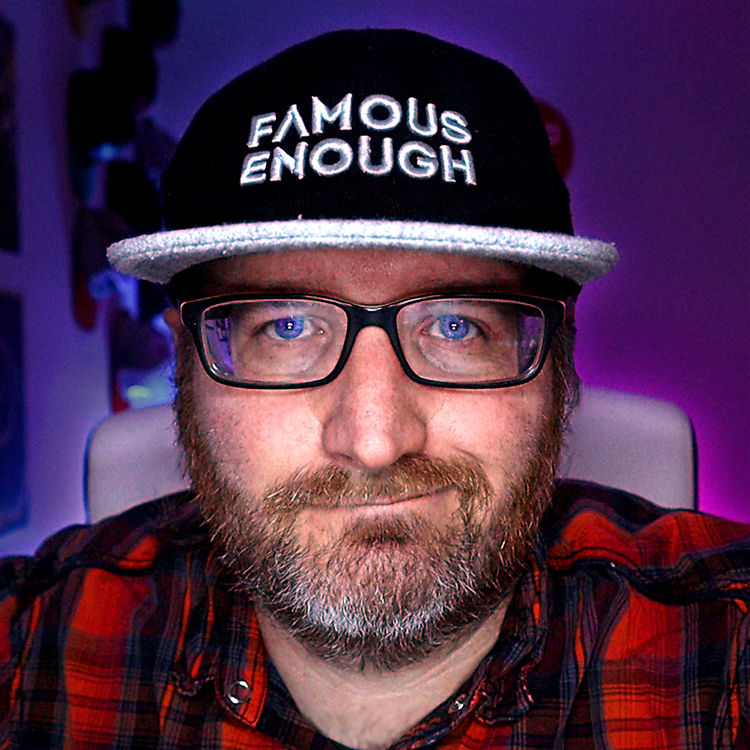WordPress, at its current state, is the most widely used content management system on the planet. Powering over 20% of the popular web (and over 10% of all eCommerce systems), there’s no other system that comes close in both scale and usability. It’s something you hear about in conversation, especially in small-business circles and blogger meetups.
A Definition of WordPress
Even though it doesn’t really explain what WordPress is, here’s the excerpt from Wikipedia:
WordPress is a free and open source blogging tool and a content management system (CMS) based on PHP and MySQL. Features include a plugin architecture and a template system. WordPress was used by more than 22.0% of the top 10 million websites as of August 2013.
In plain terms: WordPress is, at its core, a piece of software you can use to publish content online. You can host a blog, a website, an eCommerce store, a membership site, a photo gallery… the list of uses for WordPress is endless – and continues to grow as people find new and innovative ways to use WordPress.
WordPress, A History
WordPress was created in 2003 out of an already existing software, b2/cafelog, when its original developer decided to discontinue the project. It was picked up by Matt Mullenweg and Mike Little, two developers who spun the software off into what would be considered WordPress today. In 2004 it received a lions share of users migrating from a competing product, Movable Type, after it decided to change its licensing terms. By 2009 it was easily the most widely used content management system, and it continues to grow as more users see just how easy it is to publish content.
The WordPress Core Philosophy
When it comes to what ideas WordPress does – and doesn’t – abide by, there’s a few core tenants that come to mind:
- Out of the Box: Little setup time – works as it should with little to zero configuration.
- Design for the Majority: Non-technically minded people should be able to enjoy WordPress as much as developers.
- Decisions, not Options: Keeps the weight of technical choices off of the shoulders of the user.
- Clean, Lean and Mean: Core functionality, made better with plugins.
- Striving for Simplicity: Making every option easy to use, easy to understand, and visually simple to interpret.
- Deadlines Are Not Arbitrary: Not rushing product. If a feature doesn’t get finished, that’s still OK.
- The Vocal Minority: Finding and listening to people who aren’t necessarily vocal online, but who still matter in the scheme of WordPress.
- The WordPress Bill of Rights: Quoted as follows:
- The freedom to run the program, for any purpose.
- The freedom to study how the program works, and change it to make it do what you wish.
- The freedom to redistribute.
- The freedom to distribute copies of your modified versions to others.
What WordPress Isn’t
WordPress isn’t an end-all-be-all solution to every problem, and for some people that is a point of contention.
